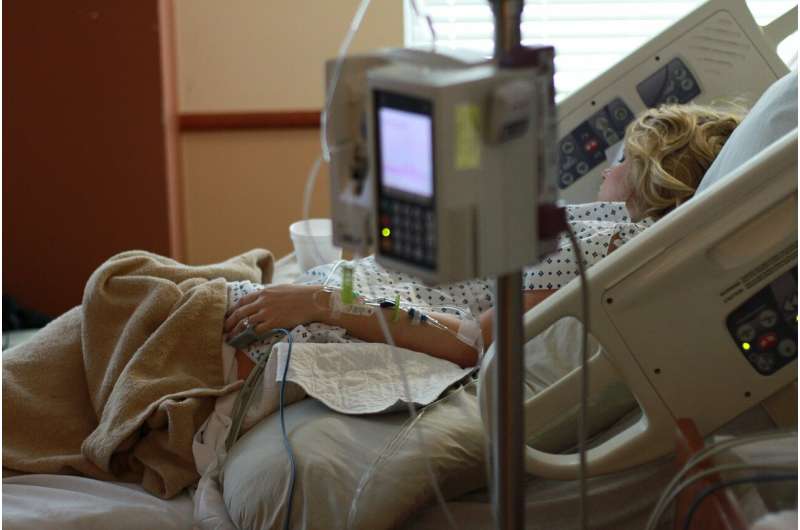Potential Liver Protection by GLP-1 Receptor Agonists During Alcohol Consumption

New studies reveal that GLP-1 receptor agonists may protect the liver by reducing toxic alcohol metabolites and altering alcohol metabolism, with potential implications for people drinking while on these medications.
Recent research indicates that GLP-1 receptor agonists, commonly used for managing obesity and diabetes, may offer protective effects on the liver in addition to their known benefits. A study conducted at Yale University, published on September 18, 2025, in npj Metabolic Health and Disease, explored how these drugs influence alcohol metabolism in mice. The findings reveal that GLP-1 receptor agonists reduce liver levels of the enzyme Cyp2e1, which is responsible for metabolizing alcohol into toxic compounds like acetaldehyde. Notably, this decrease leads to a reduction in the production of harmful metabolites, potentially mitigating alcohol-induced liver damage.
The study demonstrated that mice treated with GLP-1 receptor agonists had lower levels of the enzyme Cyp2e1 and, consequently, a decrease in acetaldehyde formation. However, these mice also exhibited higher blood alcohol levels because the drugs slow down the liver's ability to break down alcohol. This suggests that while the drugs may help protect the liver from damage, they could also result in prolonged alcohol presence in the bloodstream, increasing the risk of intoxication.
Wajahat Mehal, MD, the lead researcher, explained that "this is the first time GLP-1 receptor agonists have been shown to regulate alcohol metabolism in the liver." This discovery underscores the potential dual role of these medications: reducing toxic metabolite production and possibly altering alcohol clearance. Importantly, this impacts individuals using these drugs, as they may experience different effects when consuming alcohol, with higher blood alcohol levels than expected.
The implications extend beyond alcohol metabolism. Since alcohol toxicity is largely driven by acetaldehyde, reducing its levels might help prevent liver damage associated with alcohol use. Current clinical trials are investigating semaglutide's benefits for people with alcohol-related liver disease, suggesting these medications could provide liver protection even when complete abstinence from alcohol is not maintained.
Nonetheless, the increased blood alcohol levels observed warrant further investigation, especially regarding effects on cognition, coordination, and other organs. As the use of GLP-1 receptor agonists increases, understanding their interactions with alcohol consumption becomes crucial. Approximately one in eight adults in the U.S. uses these medications, and with many individuals also engaging in alcohol use, the potential for altered alcohol effects is significant.
In conclusion, while GLP-1 receptor agonists are promising in their ability to reduce liver damage from alcohol, more research is needed to fully understand the broader implications, safety, and optimal use of these drugs in the context of alcohol consumption.
Stay Updated with Mia's Feed
Get the latest health & wellness insights delivered straight to your inbox.
Related Articles
Enhancing Hospital AI Efficiency Through Strategic Learning Approaches
This article explores how proactive and continual learning strategies can significantly improve the reliability and safety of AI models in hospitals, addressing data shifts and biases to enhance patient care.
Rising Trends in Obesity-Related Cancers in Puerto Rico
Research reveals increasing cases of obesity-associated cancers in Puerto Rico from 2000 to 2022, driven by high obesity rates and environmental challenges. Tailored policies are crucial for addressing this growing health concern.
Global Decline in Chronic Disease Mortality Shows Signs of Slowing Progress
A new study reveals that while deaths from chronic diseases are declining worldwide, the rate of improvement is slowing, emphasizing the need for stronger global health efforts. Read more about the latest findings and implications for future strategies.
Innovative AI Tool Predicts Infection Risks from Oral Mucositis in Stem Cell Transplant Patients
A novel AI-based tool developed by University at Buffalo researchers accurately predicts the infection risks posed by oral mucositis in stem cell transplant patients, enabling better preventive care and improved outcomes.



